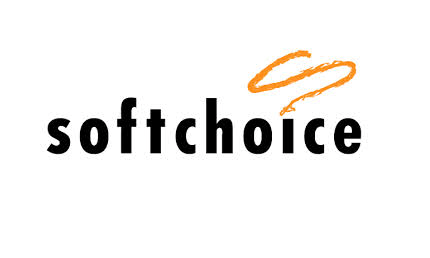BlackBerry Ltd., IT services company CGI Group Inc. and wireless service provider BCE Inc., were the top three biggest Canadian information and communication technology (ICT) companies in 2013, according to the latest Branham300, an annual ranking of the country’s technology firms based on revenues. However, BlackBerry’s poor performance is being blamed for the decrease in revenues of Canada’s ICT hardware and infrastructure sector.
Despite having a rough year and a 40 per cent drop in revenue, BlackBerry clung to the list’s top spot, a position it has held for the last five years. Montreal-based CGI is the company to watch. It ranked number two with a 111 per cent increase in revenue.
The ICT hardware and infrastructure sector was the only major ICT sub-sector to experience a decline. Revenues for this sector dropped 20.3 per cent, “close to double the decrease” the sector experienced in 2013 (-10.13 per cent).
“Again, the decline came largely as a result of Canada’s top ICT company, BlackBerry, seeing a 40 per cent decline in revenues for FY2013,” the report said.
“Canada’s ICT sector continues to advance, setting a new revenue record even despite the significant decreases experienced by BlackBerry,” according to statement by Wayne Gudbranson, president of Branham Group. “Netting out BlackBerry’s revenues from the past two years and the industry overall performed much better, with an overall growth rate of 13.3 per cent.”
BlackBerry’s revenue for 2013 was at around $11.7 billion, down from $19.5 billion the previous year.
He also noted that in 2012, BlackBerry accounted for 22.1 per cent of the Top 250’s total revenue but last year the company only represented 13 per cent. Fortunately, other Canadian companies “more than made up for the difference,” he added.
CGI realized revenues of up to $10.084 billion last year, up 111 per cent from $4.7 billion in 2012. BCE made $9.4 billion up, one per cent from $9.3 billion in 2012. This was followed by Telus with $9.3 billion, up six per cent from $8.7 billion in 2012; and Rogers Communications at $8.3 billion in 2013, up one per cent from $8.2 billion in 2012.
Other companies in the top 20 were: Celestica; Shaw Communications; CAE; MacDonald, Dettwiler and Associates; OpenText; Constellation Software; Softchoice; Videotron; Telesat; MTS Allstream; Procom Consultants Group; OnX Enterprise Solutions; SaskTel; Smart Technologies and Mitel.
Toronto-based Softchoice Corp., which reported revenues of $1.1 billion in 2013, won the No.2 Solution Provider of the Year award in the recent CDN Top 100 while Thornhill, Ont-based enterprise data centre solution provider OnX bagged the No. 5 spot in the event.
Branham said there was increased growth in three key sectors:
- The ICT professional service sector – Showed the sharpest rise with a cumulative revenue increase of 49.9 per cent from $12.28 billion in 2012 to $18.41 billion in 2013
- The software sector – Registered a 20.1 per cent revenue growth over the 0.31 per cent growth in 2012
- The xSP sector – This sector, which covers Web-based providers such as application service providers, network service providers and Internet service providers, showed more modest gains at 3.8 per cent growth in 2013 compared to 7.93 per cent the previous year
The decline sent Canada’s ICT hardware and infrastructure sector to number two representing 29.56 per cent of Top 250 revenues “as compared to the xSP sector, which sits on top representing 41.7 per cent.”
The geographic composition of Canada’s Top 250 ICT companies remained fairly static in 2013, with nearly 96 per cent companies being headquartered in Ontario, Quebec, B.C. or Alberta. These provinces also generated almost 98 per cent of the Top 250’s total revenues.
The ICT industry in Ontario continued to see a decrease in overall revenues (attributed to Blackberry) as compared to the others, dropping 12.10 per cent.
Quebec, B.C., and Alberta all had gains in 2013, with the largest coming from Quebec thanks to significant growth attributed to CGI.
“Some of the country’s most creative and leading-edge companies are located in places like Fredericton, Moncton, and Halifax, a testament that Canadian ICT companies do not have to be at the epicentre of the ICT industry to be considered at the forefront of tech innovation,” the report said.








